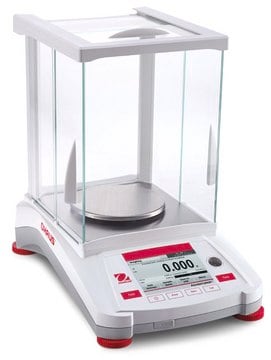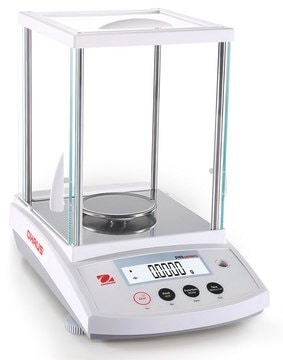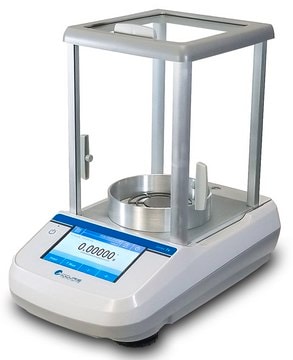SAB1300069
Anti-USP11 (C-term) antibody produced in rabbit
IgG fraction of antiserum, buffered aqueous solution
Sinónimos:
Anti-Ubiquitin carboxyl-terminal hydrolase 11, Anti-Ubiquitin thiolesterase 11, Deubiquitinating enzyme 11, Ubiquitin-specific processing protease 11
About This Item
Productos recomendados
origen biológico
rabbit
conjugado
unconjugated
forma del anticuerpo
IgG fraction of antiserum
tipo de anticuerpo
primary antibodies
clon
polyclonal
formulario
buffered aqueous solution
reactividad de especies
human
técnicas
immunohistochemistry: 1:50-1:100
indirect ELISA: 1:1000
western blot: 1:100-1:500
Nº de acceso NCBI
Nº de acceso UniProt
Condiciones de envío
dry ice
temp. de almacenamiento
−20°C
modificación del objetivo postraduccional
unmodified
Información sobre el gen
human ... USP11(8237)
Descripción general
Inmunógeno
This antibody is generated from rabbits immunized with a KLH conjugated synthetic peptide selected from the C-terminal region of human USP11.
Forma física
Cláusula de descargo de responsabilidad
Not finding the right product?
Try our Herramienta de selección de productos.
Código de clase de almacenamiento
12 - Non Combustible Liquids
Clase de riesgo para el agua (WGK)
nwg
Punto de inflamabilidad (°F)
Not applicable
Punto de inflamabilidad (°C)
Not applicable
Certificados de análisis (COA)
Busque Certificados de análisis (COA) introduciendo el número de lote del producto. Los números de lote se encuentran en la etiqueta del producto después de las palabras «Lot» o «Batch»
¿Ya tiene este producto?
Encuentre la documentación para los productos que ha comprado recientemente en la Biblioteca de documentos.
Nuestro equipo de científicos tiene experiencia en todas las áreas de investigación: Ciencias de la vida, Ciencia de los materiales, Síntesis química, Cromatografía, Analítica y muchas otras.
Póngase en contacto con el Servicio técnico







